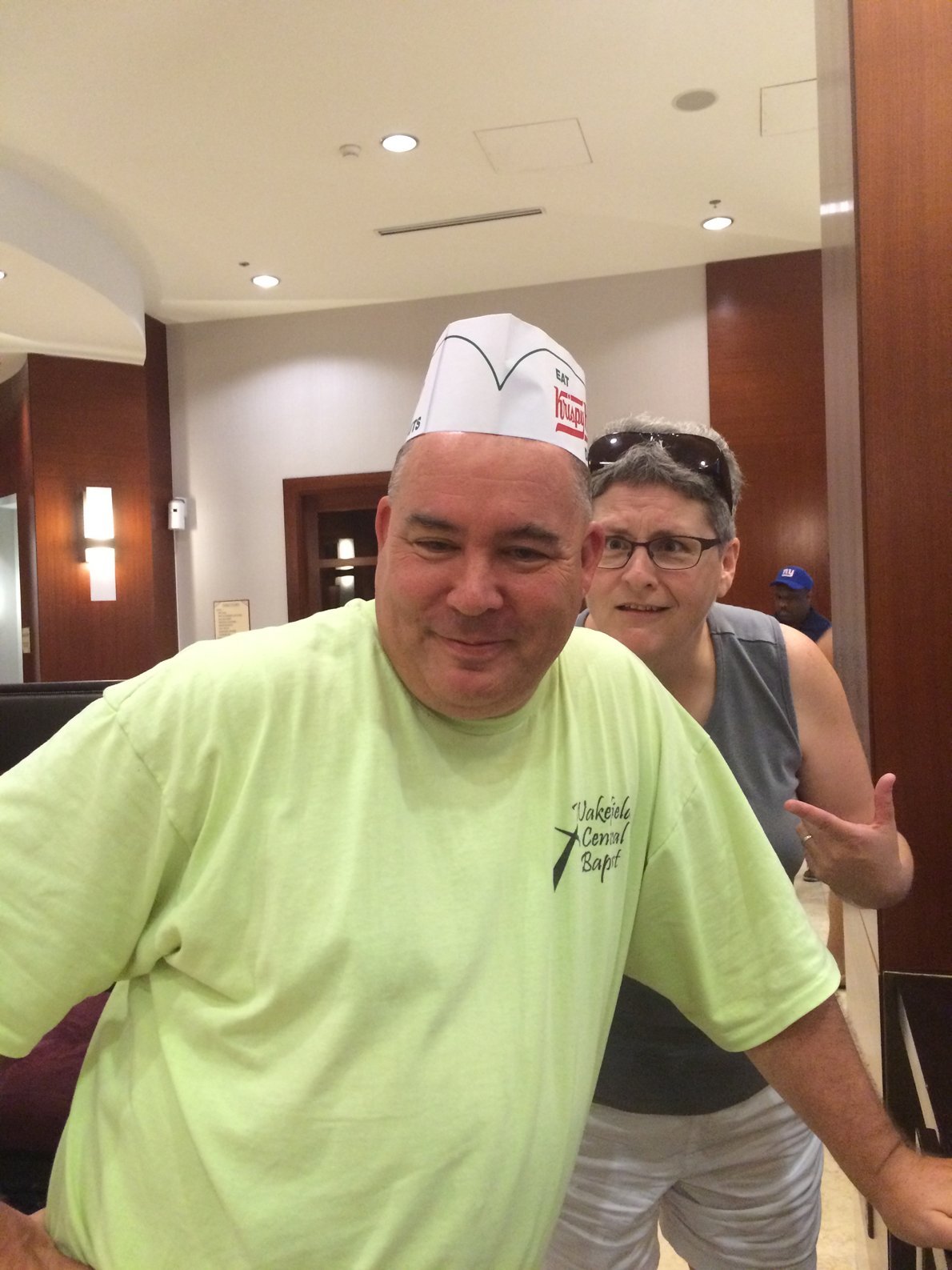This is part 3 of a series titled “Outside Looking In”
Every family has its routines. Someone washes the dishes. Someone takes out the trash. Someone cooks.
You get the idea.
But what happens when a family member has a mental health diagnosis and just can’t bring themselves to tackle even the simplest task? Well someone else has to step up.
Our family is no different. My wife, Becky, has long battled with Bipolar Disorder. When she feels good, her routine responsibilities are just that – routine. But when she’s in the midst of an episode, they are left undone.
But the responsibilities she has to the family don’t go away. It’s those moments, when I find it necessary to step up my contribution to the family. I can cook only the most basic meals and, so, until my oldest child reached the point that she had learned to cook, we spent a lot of time (and money) eating out. That relieved us all of the responsibility of cooking. We didn’t create dirty dishes that would have to be washed later. We got to spend time together talking about the topic of the day. Most importantly, we got fed.
Paying the bills was a little more complicated. Becky has a specific process for paying the bills. Try as I might, I could never get my head around the convoluted process she invented. But I could look in the bill notebook, see which bills needed paying, write the check and slip it into the mail. Most importantly, though, we had children that needed caring for.
It fell to me to make sure they got their baths. I checked their homework. I went through their book bags and I answered their questions. To be sure, our children grew up faster than children who didn’t have mental health issues in their family. They had chores earlier than many of their peers. But they knew why they had chores to do and, with minimal complaints, they got the work done. They stepped up.
Stepping up is our job as caregivers. Our symptom antenna go up when a loved one is struggling with their illness. We are looking for signs that something is getting worse or better. We’re asking ourselves if this is a situation that requires a doctor’s care or if things are manageable with just the family support system. In a way, that’s an important way we can step up. But we have to do more than that.
It can be challenging. Caregivers have their routine responsibilities, too. They have jobs or household chores. They have their own interests. But those things must become secondary when circumstances warrant. There are times when doing extra chores, taking care of additional routine household obligations become more important.
That’s never seemed like much of a burden, because it’s what I signed up for when we got married. Yes, it can be challenging. It can lead to some long days and longer nights. But it’s the most simple thing we can do in caring for our loved ones.
You can be sure that your family member notices when you step up on their behalf.
This is part 3 of our series titled “Outside Looking In”
~ Johnny Whitfield is a former newspaper reporter and editor.
For help, caregivers can turn to organizations like Breaking Taboo, www.breakingtaboo.org, to learn more about their role as a caregiver and how best to help someone with a mental health diagnosis.

